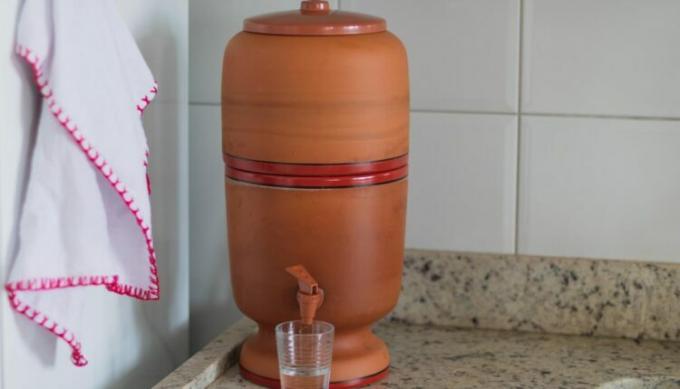For many people who cook or want to learn how to cook, the pressure cooker is one of the most feared appliances. However, fear is not for less, it is important to know all the necessary care. If not handled correctly, it can explode and cause serious accidents, and even fatal cases. So, check out three very important tips for you to know before handling the pressure cooker!
Read more: Learn how to make pressure cooker brigadeiro in a few minutes
see more
Is it better to eat boiled eggs for lunch or dinner? Find out here
With me-no-one-can: Meet the plant capable of warding off evil eyes
3 important tips for handling the pressure cooker
It is important to have the Inmetro seal on your pot
The Inmetro seal (National Institute of Metrology, Quality and Technology) guarantees the quality of this pressure cooker. The seal indicates that it is manufactured in accordance with Brazilian legislation and has been tested in accordance with safety standards. All this ensuring that your cookware does not explode unless misused.
The control valve is also an indication
Another great tip for not worrying about cooking in the pressure cooker: always keep your eyes and ears open. After the pressure builds up, the control valve releases steam continuously. This usually creates characteristic noises, but it is not the rule.
This is a time to pay attention when your control valve is not bouncing with steam or venting through a small outlet. This could mean that the lid is clogged, and you need to turn off the stove to prevent more pressure from building up.
In this way, wait for the steam to come out completely and remove the control valve to clean it and unclog it. After cleaning, simply place the lid back on the pot to continue cooking.
Let all the pressure out of the pan
When finished using, turn off the stove and wait for the steam to come out by itself. It's very common to see people put something on the valve so that it goes up quickly and steam comes out right away, but be careful with that. In addition to the fact that you have to clean the stove later, the control valve can clog at this time.
If this happens, the valve will not be able to release the steam and you will not be able to open the lid with the safety lock because there will still be steam inside. The safety valve doesn't pop because there isn't enough pressure. Then you will have to wait longer to open the pot.

